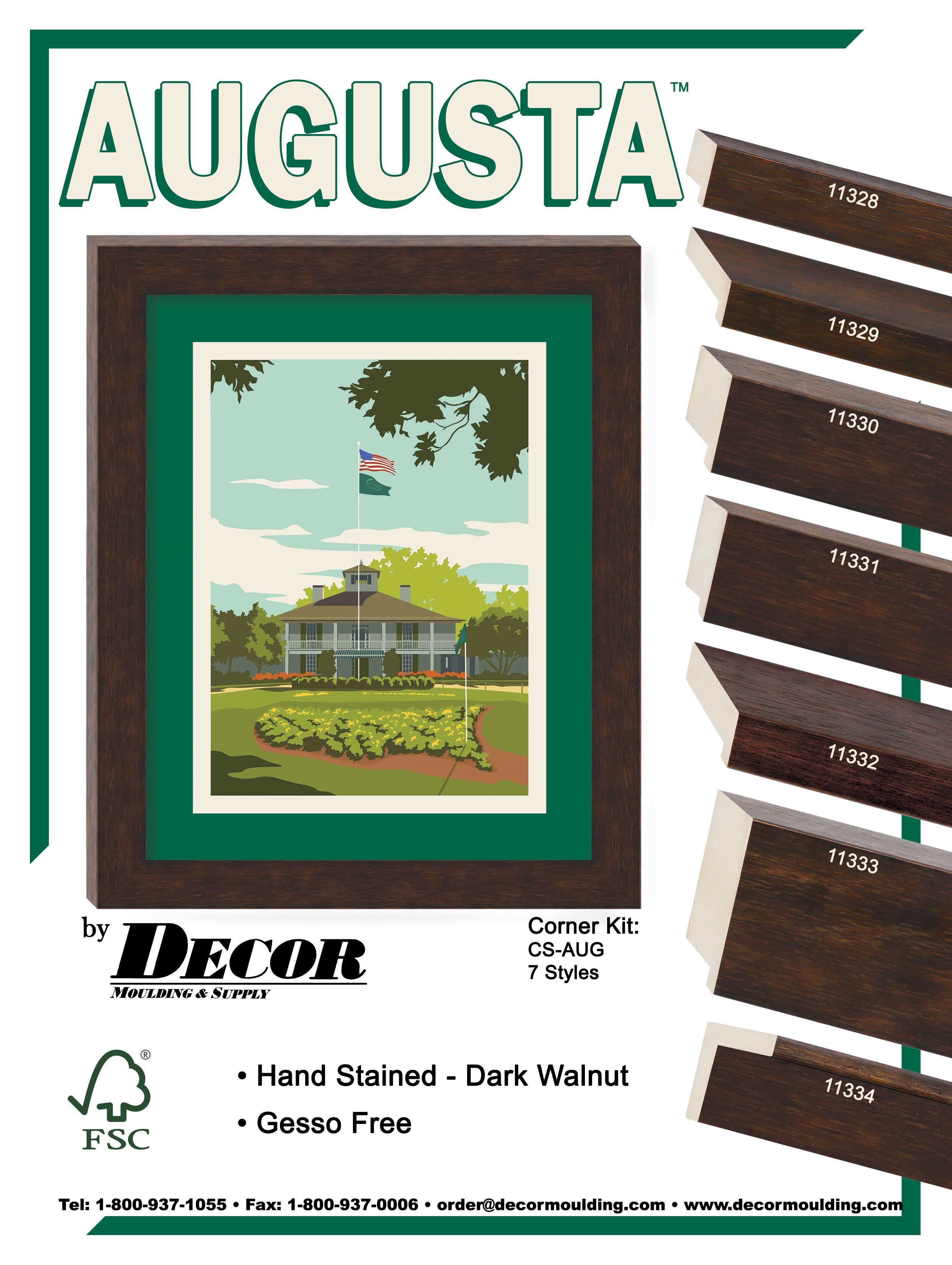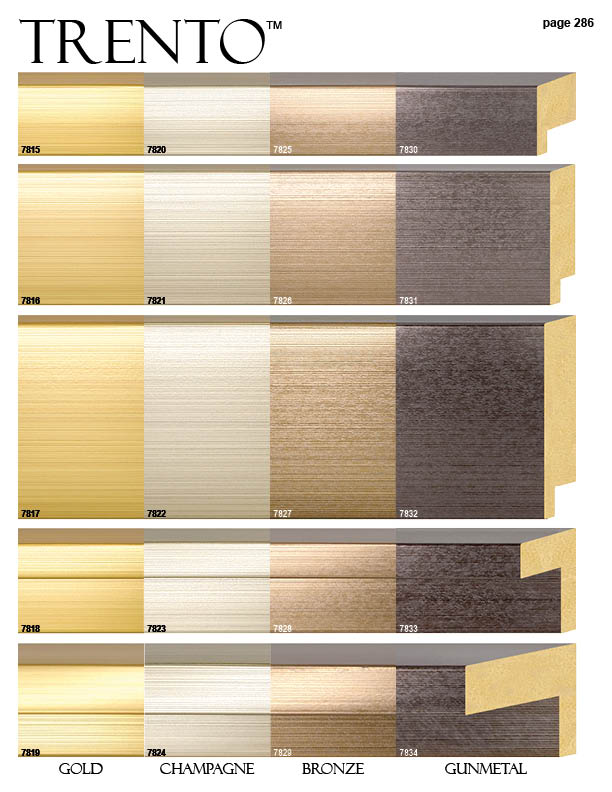Introduction to Decor Mouldings
Decor moulding is one of those design elements that can effortlessly transform your living space, adding both elegance and a touch of personal style. From classic to contemporary, mouldings offer a variety of options to elevate any room. Based on my experience, investing in decor mouldings is not only about aesthetics; it’s about the character they bring to your home.
What is Decor Moulding?
Decor moulding refers to decorative strips of material that are added to walls, ceilings, and furniture to enhance their visual appeal. They come in various shapes, sizes, and materials, allowing homeowners to create unique designs that reflect their personal style.
Types of Decor Mouldings
Let’s dive into the most common types of moulding you can consider for your home:
Crown Moulding
Crown moulding is installed where the walls meet the ceiling. It adds a sophisticated touch to any room and is particularly popular in formal spaces.
Baseboards
Baseboards are the mouldings installed at the bottom of walls to cover the joint between the wall surface and the floor. They come in various heights and styles to match your decor.
Chair Rails
Installed at a height of about three feet, chair rails serve to protect walls from damage and to add visual interest to the space.

Picture Rails
Picture rails are a fantastic way to hang artwork without putting nails directly into your walls. They provide a traditional look and make it easy to change your decor.
Materials Used in Decor Moulding
The material of your decor moulding will impact its durability, appearance, and cost. Here are the most common materials:
- Wood: A classic choice that offers warmth and beauty. However, it requires maintenance and is susceptible to warping.
- MDF: Medium Density Fiberboard is an affordable and versatile option that is easy to paint but less durable than wood.
- Polyurethane: Lightweight and resistant to moisture, making it a great choice for humid areas. It can mimic the look of wood very well.
- Polyvinyl Chloride (PVC): Durable and easy to clean, ideal for bathroom or kitchen applications.

Benefits of Using Decor Moulding
Why should you consider incorporating moulding in your home? Here are some compelling benefits:
1. Aesthetic Appeal
Mouldings add character, elegance, and depth to your rooms, creating a more inviting atmosphere.
2. Increased Property Value
Well-done moulding can enhance the overall value of your home, making it more attractive to potential buyers.

3. Customized Design
With various styles and options, moulding allows you to personalize your space according to your tastes.
Choosing the Right Decor Moulding for Your Space
Choosing the right moulding can be daunting. Here’s a simple guide to help you navigate through the options:
Consider your Room Style
The style of your room should guide your moulding choice. For example, ornate crown moulding suits traditional interiors, while clean lines work better in modern spaces.

Know Your Budget
Set a budget before you start exploring your options. Moulding costs vary widely depending on the material and complexity of the design.
Room Height
The height of your ceilings can influence the scale and style of the moulding you choose. Taller ceilings can handle more intricate designs.

Comparison of Popular Moulding Types
| Moulding Type | Material | Cost | Maintenance |
|---|---|---|---|
| Crown Moulding | Wood, MDF, Polyurethane | $$$ | Moderate |
| Baseboards | Wood, MDF, PVC | $$ | Low |
| Chair Rails | Wood, MDF, PVC | $$ | Low |
| Picture Rails | Wood, MDF | $$$ | Moderate |
Installation Tips and Tricks
Installing decor moulding can seem intimidating, but with some preparation and the right tools, it’s a manageable DIY project. Here are some tips from my personal experience:
Tools You’ll Need
- Miter saw
- Level
- Nail gun or hammer
- Wood glue
- Caulk and caulking gun

Steps for Installation
Follow these steps for a successful installation:
- Measure the area where you’ll install the moulding.
- Cut the moulding at a 45-degree angle using a miter saw.
- Secure the moulding in place, using a level to ensure it’s straight.
- Fill in gaps and nail holes with caulk or wood filler for a clean finish.
- Finish with paint or stain to match your decor.
Pros and Cons of Decor Moulding
Pros
- Adds visual interest and character to your space.
- Can increase home value.
- Diverse material options fit various budgets and styles.

Cons
- Can be expensive depending on the material and design.
- Installation can be labor-intensive if done DIY.
- Requires maintenance and occasional repairs.
Styling Ideas with Decor Moulding
Here are some styling ideas to incorporate decor moulding beautifully into your home:
Create a Feature Wall
Use moulding to create a geometric pattern or a wainscotting effect on a feature wall.
Enhance Your Ceiling
Consider adding crown moulding or ceiling medallions to draw attention upward and add elegance.
Frame Your Windows and Doors
Using decorative moulding around windows and doors can create an elegant frame, enhancing architectural detail.
Frequently Asked Questions (FAQs)
What is the best material for decor moulding?
The best material depends on your budget and the look you want to achieve. Wood is classic and beautiful, while MDF is cost-effective and easy to work with.
Can I install decor moulding myself?
Yes! With the right tools and a bit of patience, you can successfully install moulding on your own.
How do I maintain my decor moulding?
Regular dusting and occasional repainting or refinishing will keep your moulding looking its best.
Is decor moulding worth the investment?
Absolutely! Moulding adds aesthetic appeal and can increase the resale value of your home.
Conclusion
Decor moulding is a fantastic way to enhance your home’s design while adding value and character. With the many types, materials, and installation options available, there’s no reason not to explore this beautiful design feature. Whether you’re a seasoned DIYer or looking to hire a professional, the key is to choose the right style that resonates with you and your home’s personality. Happy decorating!